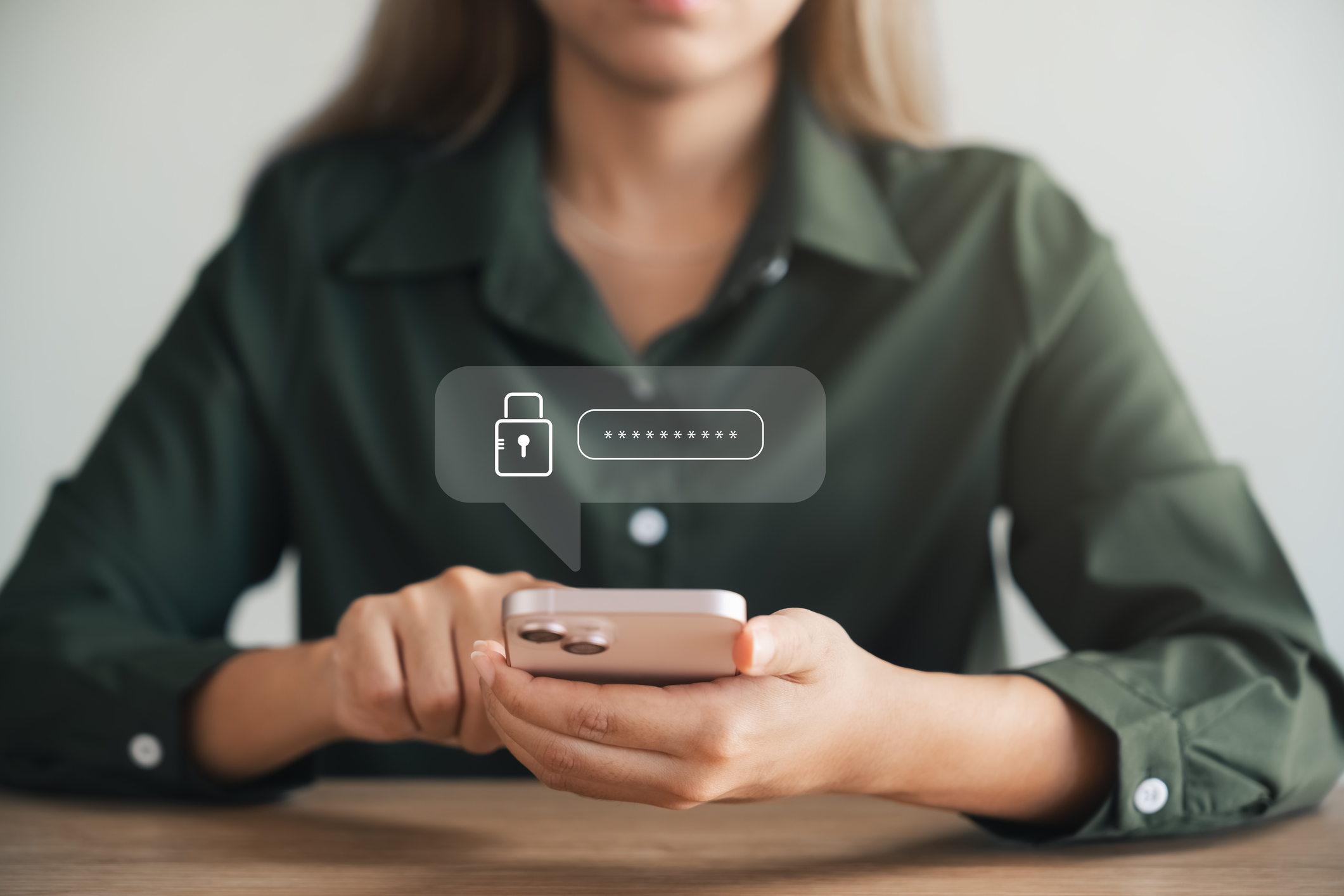
Double Up Your Security: Don't Share Your Passcodes With Scammers
September 11, 2024
Have you ever received a text or email with a special code, when you log into your bank account? That’s your verification code, serving as a secret key that enhances your financial security. Think of it like a deadbolt for your online accounts.
Why your authentication code matters:
A verification code is a temporary, usually five or six-digit number, sent to you via text message or email as you try to log into a secure account, like online banking or the SNB Mobile App. It acts as an extra layer of security, ensuring that even if someone managed to steal your password, they cannot access your account without this code.
How scammers try to steal your code:
Just like needing both a doorknob key and a deadbolt key to enter your house, both your password and the verification code are needed to access your account. Without both, prying eyes (or fingers) are left outside. This double layer makes life tough for scammers. Even if they steal your password, they can't access your accounts without the verification code.
Unfortunately, scammers are always looking for ways to exploit our trust. Here are some common tactics they use:
1. Phishing Scams
Scammers often send fake emails or text messages that look like they’re from legitimate companies. These messages might claim that there’s an issue with your account, and prompt you to provide your verification code. Remember, reputable companies will never ask you for your code via email or text.
2. Spoofed Phone Calls
Some scammers may call you, pretending to be from your bank or another service provider. They may say they need to verify your identity and ask for your verification code. Always hang up and contact your bank directly using a trusted number.
3. Fake Websites
You might stumble upon a website that closely mimics a legitimate service. When you log in, they may ask for your verification code, capturing it for malicious use. Always double-check the website URL and look for secure connections (https).
How to Protect Yourself from Passcode Scams:
- Remember, Your Code is Yours Alone: Never share your verification code with anyone, regardless of who they claim to be. It's for your eyes only!
- Hang Up, Block, Report: If someone asks for your code, don't engage – simply hang up, block their number, and report them to the FTC.
- Contact Your Bank Directly: If you suspect a genuine issue with your account, contact your bank or financial institution directly using a trusted phone number, like the one on your statement or the official SNB website.
By understanding verification codes and staying vigilant against scams, you can secure your online accounts and keep your hard-earned money safe.